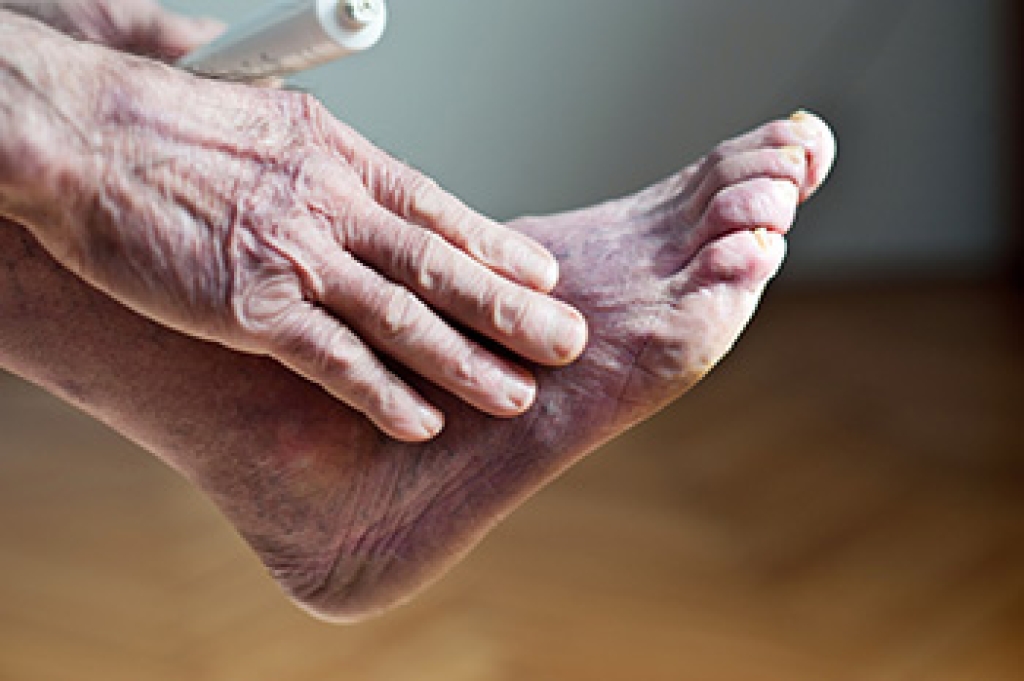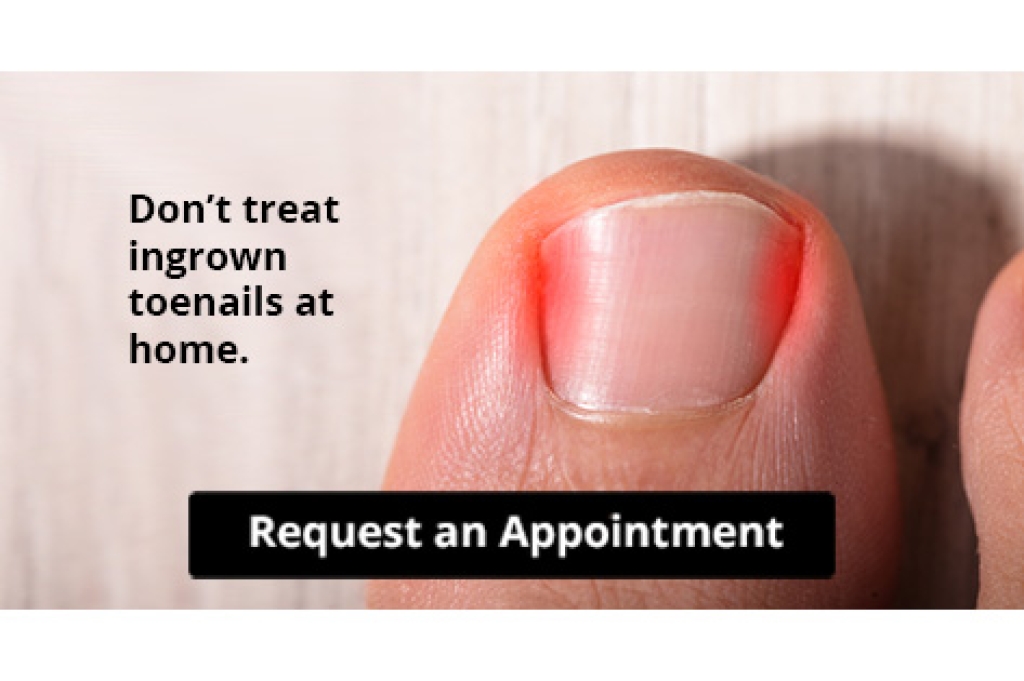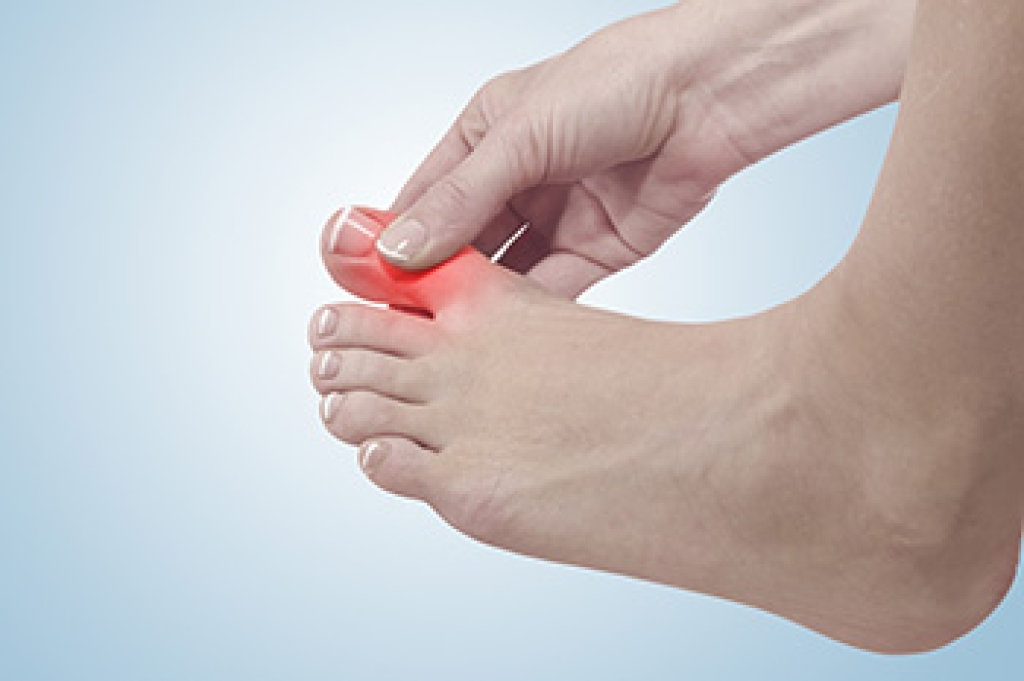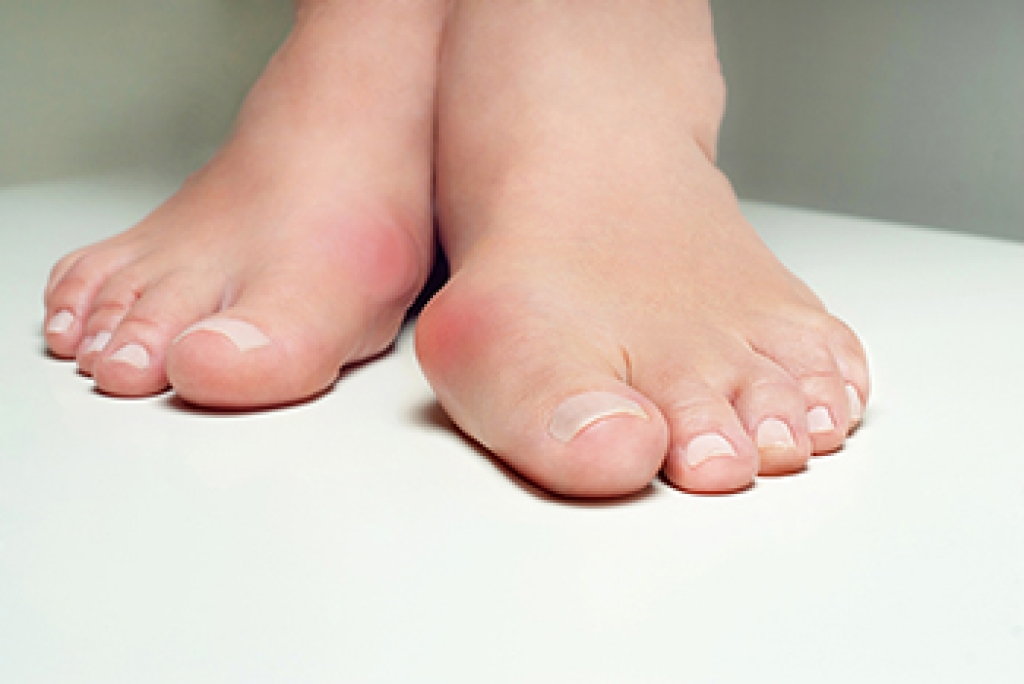
Many people suffer from poor circulation as the aging process occurs. It may also happen from specific health conditions including diabetes, obesity, and hardened arteries. Additionally, having a sedentary lifestyle and smoking can contribute to developing poor circulation. Common symptoms can consist of pain, numbness, or a tingling sensation in the feet. Some patients have cold feet, and may notice they have become discolored. This condition can show moderate improvement by incorporating exercise and stretches into the daily routine. Walking is an effective form of exercise, and it is beneficial to drink plenty of water. It is advised to include foods such as fatty fish, leafy greens, and cinnamon into daily eating habits, which is thought to be linked to possibly improving poor circulation. If you are experiencing the above symptoms, it is suggested that you confer with a podiatrist who can help you to manage and treat poor circulation.
Poor circulation is a serious condition and needs immediate medical attention. If you have any concerns with poor circulation in your feet contact one of our podiatrists of Comprehensive Foot & Ankle Centers. Our doctors will treat your foot and ankle needs.
Poor Circulation in the Feet
Poor blood circulation in the feet and legs is can be caused by peripheral artery disease (PAD), which is the result of a buildup of plaque in the arteries.
Plaque buildup or atherosclerosis results from excess calcium and cholesterol in the bloodstream. This can restrict the amount of blood which can flow through the arteries. Poor blood circulation in the feet and legs are sometimes caused by inflammation in the blood vessels, known as vasculitis.
Causes
Lack of oxygen and oxygen from poor blood circulation restricts muscle growth and development. It can also cause:
- Muscle pain, stiffness, or weakness
- Numbness or cramping in the legs
- Skin discoloration
- Slower nail & hair growth
- Erectile dysfunction
Those who have diabetes or smoke are at greatest risk for poor circulation, as are those who are over 50. If you have poor circulation in the feet and legs it may be caused by PAD and is important to make changes to your lifestyle in order to reduce risk of getting a heart attack or stroke. Exercise and maintaining a healthy lifestyle will dramatically improve conditions.
As always, see a podiatrist as he or she will assist in finding a regimen that suits you. A podiatrist can also prescribe you any needed medication.
If you have any questions, please feel free to contact our offices located in Shepherdsville and Louisville, KY . We offer the newest diagnostic and treatment technologies for all your foot care needs.




